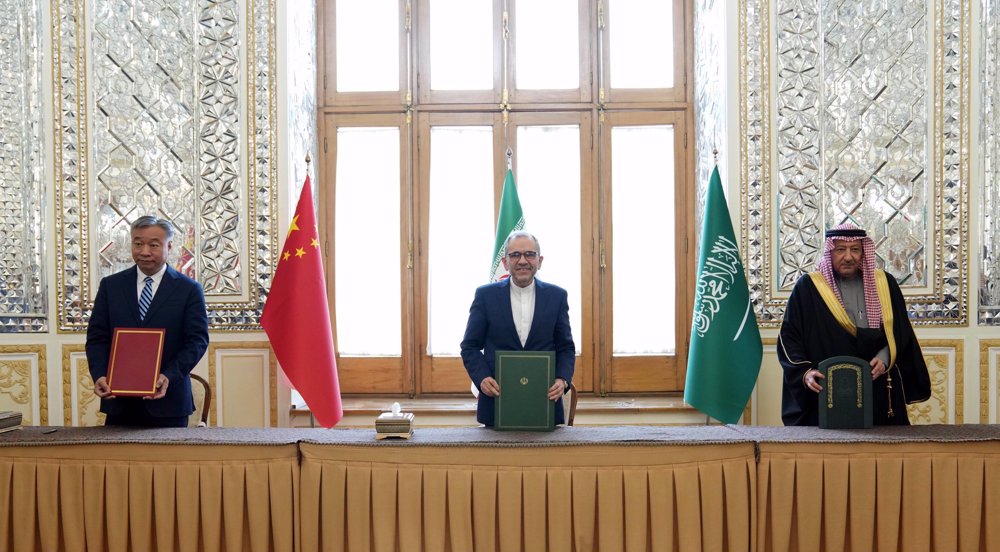Unemployment rate among Saudis rises to record 12.9 pct
Unemployment rate among Saudi citizens edged up to a record 12.9 percent in the first quarter of this year, according to official data, as the kingdom continues to suffer economically from a prolonged war on Yemen and a domestic fuel price hike.
The data published by the government's statistics agency on Thursday showed jobless rate exceeding the 12.8 percent level which had prevailed for the previous three quarters.
The first-quarter unemployment rate was the highest recorded by the official statistics agency since 1999.
Private employers in Saudi Arabia struggle under the weight of a new tax and a domestic fuel price hike.
The figures underlined the difficulties which the Riyadh regime faces as it pushes through austerity steps to close a big state budget deficit. The austerity is also hurting many private companies.
A five-percent value-added tax (VAT) was earlier imposed at the start of 2018.
In recent months, Saudi Arabians have taken to the social networking services, venting their anger at the government for hiking domestic gas prices and introducing the VAT.
Authorities are keen to lure more Saudis into the labor force to reduce the government’s financial burden. The latest data, however, showed little progress in that area.
The figures also revealed a continued exodus of hundreds of thousands of foreign workers from the kingdom because of the weak economy and hikes in fees which companies must pay the government to hire expatriates.
The number of foreigners employed in Saudi Arabia shrank to 10.18 million from 10.42 million in the previous quarter and 10.85 million in the first quarter of 2017.
Figures released earlier this week showed Saudi gross domestic product, adjusted for inflation, grew 1.2 percent from a year earlier in the first quarter of 2018, beginning to recover after shrinking in 2017.
But the rebound was largely due to stabilising oil output, and economists expect the oil sector to lead growth later this year with non-oil businesses expanding only modestly – a trend that may keep unemployment high.
In October last year, the International Monetary Fund (IMF) said Saudi Arabia had a weak economic growth and a rising unemployment level, advising the country to slow down austerity measures it has been adopting in order to curb a huge budget deficit.
Yemen’s war hurting Saudi economy
Saudi Arabia has also been pumping billions of dollars into a protracted war on impoverished Yemen. Starting in March 2015, the Saudi war was supposed to end in weeks but has instead morphed into a prolonged conflict with no end in sight.
While there are no official figures available on the costs of the war, Saudi Arabia is believed to be hemorrhaging economically as a result of it.
Just in May last year, Saudi Arabia signed a deal to purchase 110 billion dollars worth of arms from the United States.
Mohammed bin Salman, the Saudi prince in charge of the economy who was recently elevated to the crown prince status, is also believed to have been the architect of the Yemeni war, as he holds the defense portfolio as well.
Iran appoints new central bank governor after currency fluctuations
General Ahmad Vahidi appointed deputy commander of IRGC
Iran MPs hail triple satellite launch as major milestone in space program
VIDEO | Bangladesh holds a solemn funeral for former Prime Minister Khaleda Zia
Historic Indian city of Lucknow in a state of disrepair
Iran condemns CNN video for recycling Netanyahu’s nuclear lies
Israeli paper reveals high cost of new laser air defense system
IRGC intelligence forces disband terrorist cell in southeast Iran












 This makes it easy to access the Press TV website
This makes it easy to access the Press TV website